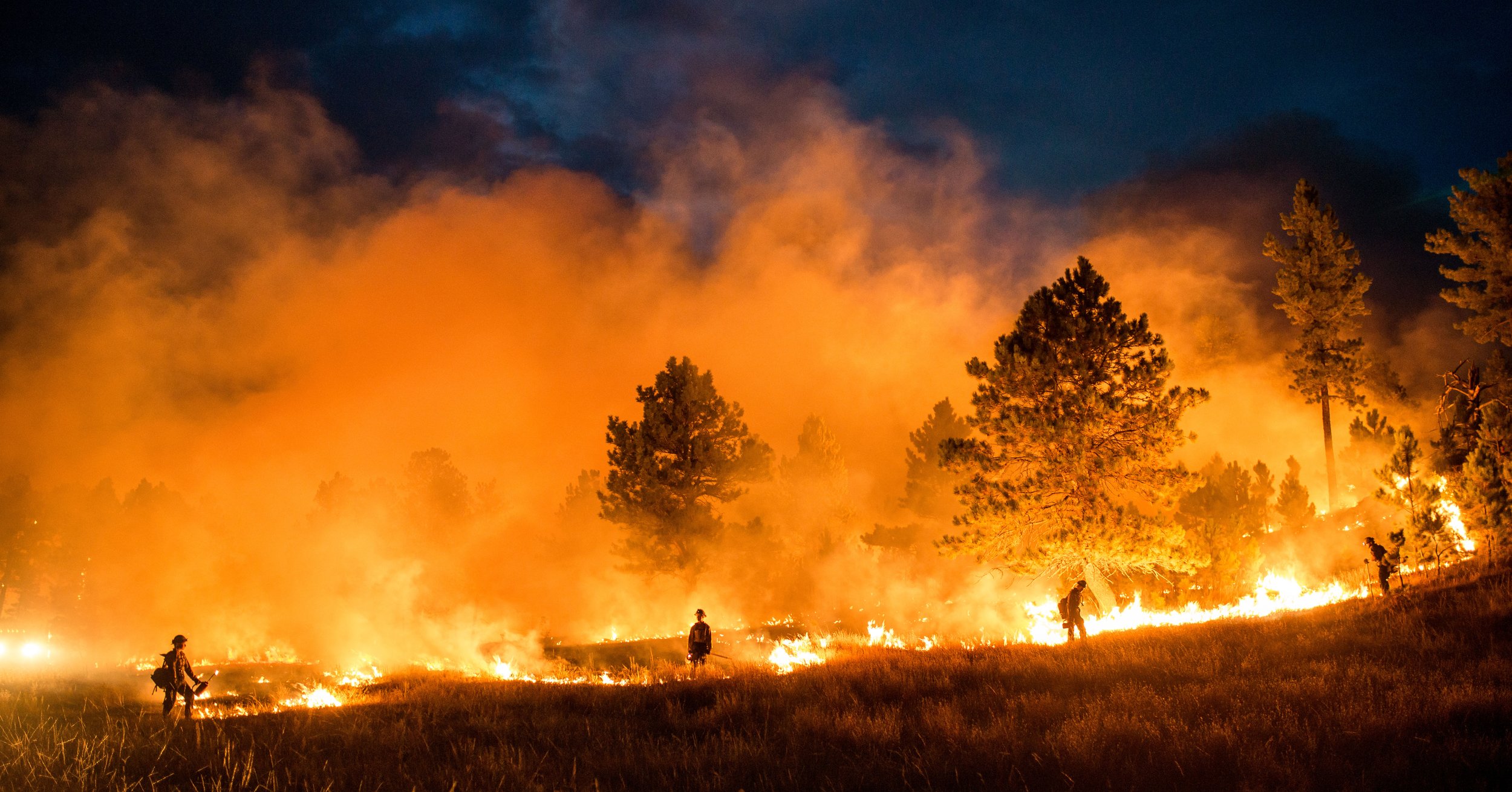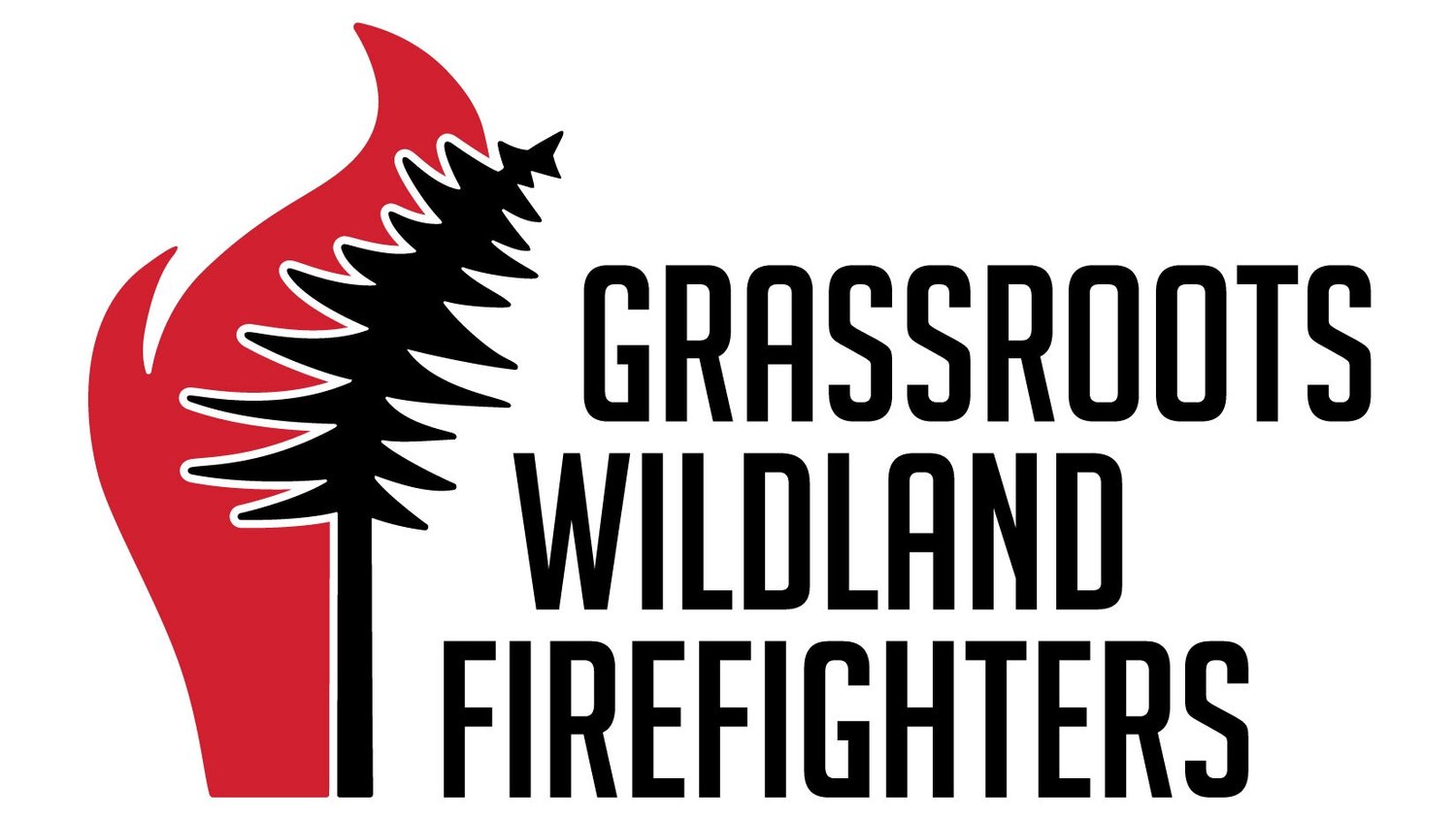
Grassroots Wildland Firefighters Request Expansion of Mental Health Programs and Support Services for Federal Wildland Firefighters and their Families
Grassroots Wildland Firefighters 2022 Mental Health Awareness
“We all must Urge Congress to move Tim’s Act forward. Wildland firefighters show up when they’re called to duty, no matter the circumstances; now the time has come for lawmakers and Americans to show up for firefighters.”
Over the last 18 months, the Grassroots Wildland Firefighters Comprehensive Health and Wellbeing Subcommittee has focused on better understanding the issues surrounding firefighters’ mental health. We’ve collected personal stories, mined new and existing data, surveyed the partners and spouses of federal wildland firefighters, and worked with federal, state, and local agencies. We’ve developed a more accurate picture of the mental health concerns in our community and how they can be mitigated. It is our hope that this knowledge will help shape legislative and administrative reforms, which in turn will establish programs that can help alleviate the mental health burden firefighters face.
After months of correspondence and collaboration, the Bipartisan Infrastructure Law (BIL) was passed into law in Fall 2021. The bill is currently being implemented, and it includes measures to build the foundations of mental health support programs throughout some of the federal agencies. Yet our work is far from complete.
We are at the start of another intense and already catastrophic fire year. Federal land management agencies continue to grapple with a staggering shortage of wildland firefighters, which is widely recognized as a huge safety concern throughout the ranks. Those who remain are left doing more with less. This reality comes at a steep cost: to our personal safety; to our partners and families; and to the mental health and wellbeing of the federal wildland fire community.
• A recent study found that wildland firefighters reported rates of anxiety, depression, PTSD, and suicidal ideation at rates two to 10 times that of the general population. The Firefighter Behavioral Health Alliance found that firefighters are more likely to die by suicide than in the line of duty.
• In Grassroots Wildland Firefighters’ survey, 60.2% of partners and spouses reported that their wildland firefighter had been impacted by an incident at work that resulted in mental health challenges. Meanwhile, 78.1% of those at home experience frequent stress due to their partner’s absence.
• In a survey regarding barriers to recruitment and retention, 78.5% of wildland firefighters said they suffered from mental health issues they attributed to the stresses of fighting fire. Only a third of respondents felt they could seek mental health care during fire season.
“These stressors greatly affect our ability to protect the public and serve the communities we love. Yet we believe there is hope on the horizon.” – Kelly Ramsey, Comprehensive Health and Wellbeing Subcommitee Team Member
While the BIL provides short-term reform and limited funding for certain programs, the passage of Tim’s Act remains critical. Tim’s Act provides long-term funding to build the sustainable mental health programs needed to better care for our federal wildland firefighting workforce and their families. Building upon successful programs adopted by the military, state and local fire departments, law enforcement, and other first responders, the legislative reforms we support focus on the creation of:
• Effective mental health awareness campaigns
• A mental health education program, including onboarding curriculum
• An extensive peer-to-peer support network for wildland firefighters and their immediate family
• A meaningful expansion of the Critical Incident Stress Management Program, including dedicated follow-up with employees affected by work-related incidents
• A dedicated mental health support service – specific to wildland firefighters, first responders, and immediate family – with culturally-relevant, trauma-informed clinicians
• A request to the Office of Workers’ Compensation Programs (Federal Firefighter Special Claims Unit) to recognize Post-traumatic Stress Disorder and psychological stress-related injuries as correlated to fire protection and suppression activities
As current and former federal wildland firefighters, Grassroots Wildland Firefighters’ members have experienced the loss of friends and colleagues to suicide, to wildfire line of duty deaths, and to cancers and cardiovascular illness. We have struggled through long shifts and close calls. We stand together with our sisters and brothers in our mission to unify the federal wildland fire community and our partners. We need your help.
“We all must Urge Congress to move Tim’s Act forward. Wildland firefighters show up when they’re called to duty, no matter the circumstances; now the time has come for lawmakers and Americans to show up for firefighters.” – Pete Dutchick, Comprehensive Health and Wellbeing Subcommitee Team Member

